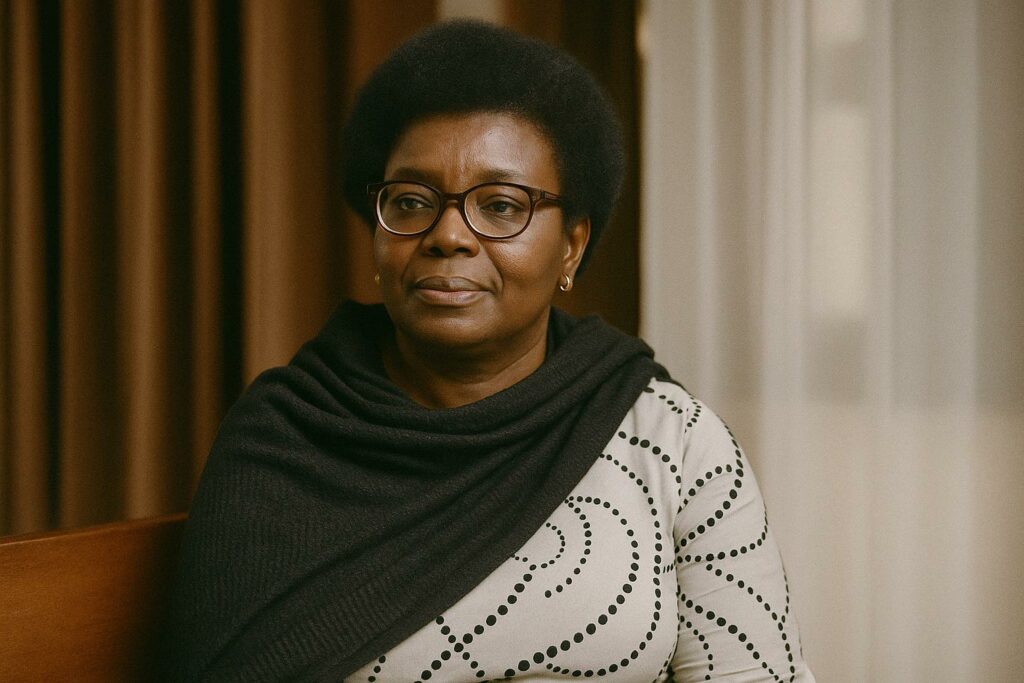A Resurfacing Political Contention
In recent weeks, the arrest of Rwandan opposition leader Victoire Ingabire has reignited debate on political freedoms within the country. Ingabire, who has long been the face of resistance against President Paul Kagame’s regime, faces serious charges of inciting public unrest and forming a criminal organization. These allegations, however, have been categorically dismissed by her legal representatives as baseless and politically motivated.
Historical Context and Previous Encounters with the Law
Ingabire’s history with Rwanda’s judicial system is fraught with controversy. The leader of the Dalfa-Umurinzi party returned to Rwanda in 2010 with presidential ambitions. Nonetheless, she was expelled from the elections amid charges of genocide denial—an accusation she has persistently rejected. Following these events, she was incarcerated for allegedly plotting to organize an armed group and again faced accusations of trivializing the genocide’s scope.
Political Implications and International Reactions
The latest accusations against Ingabire amplify the ongoing narrative among human rights organizations and political analysts that portray Kagame’s administration as intolerant of dissent. Speaking to Reuters, Iain Edwards, one of Ingabire’s international lawyers, articulated concerns over what he perceives as continued political harassment designed to silence critics—a sentiment echoed by several global watchdogs. These assertions arise in the backdrop of Kagame’s controversial re-election last year, which saw him secure over 99% of the vote, drawing skepticism from international observers.
The Future of Political Dissent in Rwanda
Ingabire’s arrest serves as a poignant reminder of the precarious nature of political expression in Rwanda. The implications of such acts on the country’s democratic process remain a pivotal concern for activists globally. As the situation unfolds, the international community continues to watch closely, scrutinizing Rwanda’s commitment to upholding political rights and freedoms.

